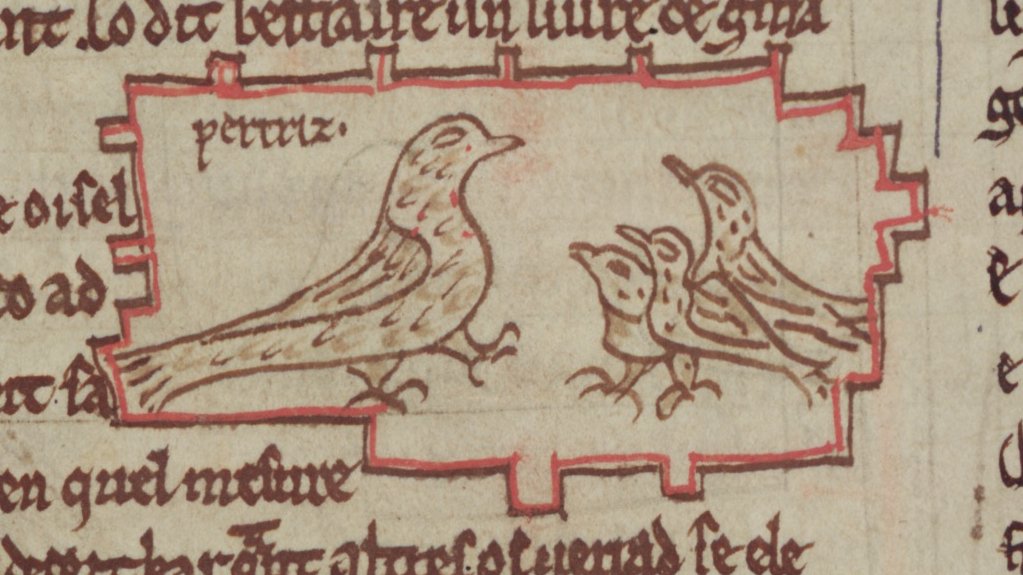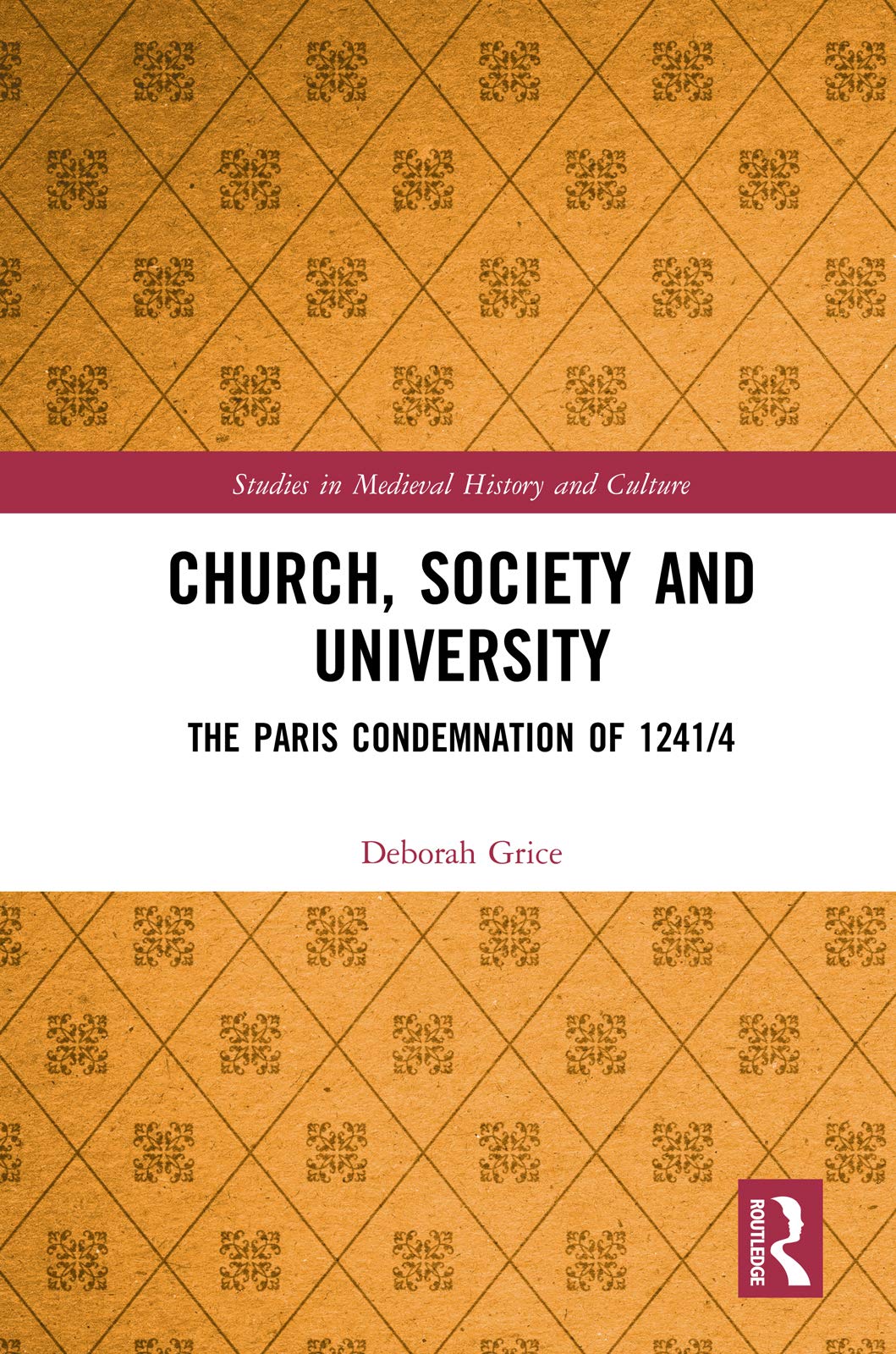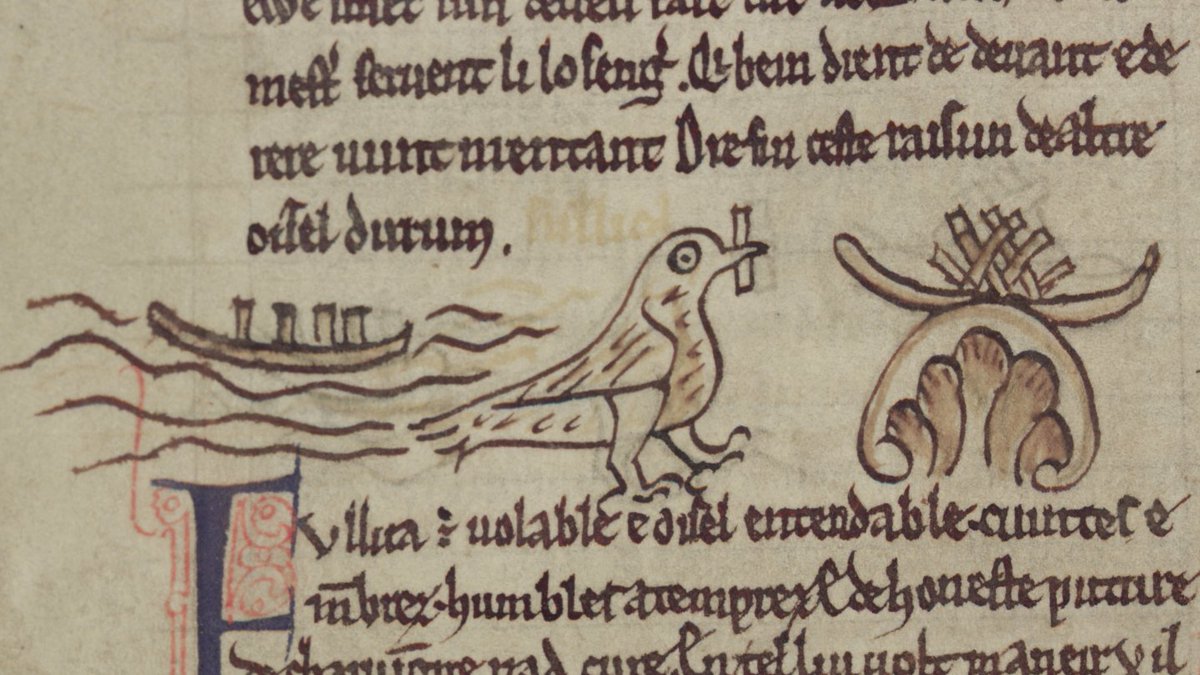Week 2 is here, which means that term is officially in full swing! Thank you to everyone who came to the Medieval Roadshow – we loved seeing you all and hearing about your plans for the year.
This week I’d particularly like to draw your attention to the fact that OMS Small Grants are now taking applications for Michaelmas Term. The Small Grants are a great way for postgraduates and ECRs to fund conferences, workshops etc. Further details below.
I would also like to highlight that there has been a minor correction to the booklet: the Oxford Numismatic society talk by Dr. Martin Allen on ‘Finding the Past: EMC and Early Medieval Coin Finds’ will now take place on Wednesday 27th October.
Please find below a summary of the week’s news:
EVENTS THIS WEEK:
Monday 18th October:
- The Medieval Latin Manuscript Reading Group meets at 1-2pm on Teams. Contact Matthew Holford, Andrew Dunning or Tuija Ainonen to be added to the Teams call.
- The Medieval History Seminar meets at 5pm on Teams and in the Wharton Room. Attendance at the Wharton Room is by advance booking only as the room has a strict Covid-19 capacity limit. Bookings can be made at https://medieval-history-seminar.reservio.com. This week’s speaker is Lesley Smith (Harris Manchester) ‘The Weak, the Poor, and the Landed: reading the Sermons of William of Auvergne (d. 1249)’
- The fourth Lyell Lecture takes place at 5pm online and at the Lecture Theatre, Weston Library. Registration is essential for in-person attendance. This lecture will be ‘Fifteenth-century Latin Bible printing and distribution’.
- The Old Norse Reading Group meets at 5.15pm on Teams. Please email Olivia Smith (olivia.smith2@linacre.ox.ac.uk) to be added to the mailing list and Teams group.
Tuesday 19th October:
- The CMTC Work in Progress Colloquium meets at 12:30-2pm on Zoom. Attendance is free of charge, but sign-up is mandatory: you can sign-up here. The speakers this week will be Laura Banella (Mediaeval & Modern Languages, Wolfson College, Oxford), ‘The Materiality and Textuality of Medieval Italian Lyric Poetry’ and Zhan Zhang (Oriental Studies, St Antony’s College, Oxford), ‘Form, Format, and formulae. Scribal conventions in first-millennium central Asia’.
- The Islamicate Manuscripts and Texts Reading Colloquium 2021 meets at 3pm on Zoom. This week’s speaker is Marina Rustow, Khedouri A. Zilkha Professor of Jewish Civilization in the Near East, Department of Near Eastern Studies, Princeton University, ‘An Unpublished Letter from the Cairo Geniza Complaining aboutthe Hardships of Travel to India: Taylor-Schechter (T-S) 12.392’
- The RaceB4Race Coffee Talk takes place at 3-4pm via livestream. Today’s talk will be ‘Presenting on Race for Public Audiences’ with Ayanna Thompson. Places are limited: please register here.
- The Medieval Book Club meets at 3.30pm in Magdalen College, Old Law Library. This week’s topic is ‘Trials by Nature’.
- The Early Slavonic Webinar meets at 5pm on Zoom. This week’s speaker is Aleksander Paroń (Institute of Archaeology and Ethnology Polish Academy of Sciences) How to deal with Steppe Fauna? Remarks on the Byzantine perception of the nomads and on the Byzantinepolicy towards them (10th-12th centuries)
- The Medieval Church and Culture Seminar meets at 5pm in Old Dining Hall, Harris Manchester College. This week’s speaker is Alice Raw (St John’s), ‘The virtues of secrecy and sexual knowledge in a late medieval English dream vision‘
- Bibitura Dantis Oxoniensis meets at 5.30pm on Zoom. This week’s focus will be Purgatorio 1. For more information email Lachlan Hughes.
- The RaceB4Race Symposium takes place at 8-10pm via livestream. Today’s topic will be ‘Enmity at the Edge of Empire’. Places are limited: please register here.
Wednesday 20th October:
- The Medieval German Seminar meets at 11.15-12.45 in New Powell Room, Somerville College. If you are interested to be added to the mailing list for the seminar, write to Linus Ubl.
- The Medieval Trade Reading Group meets at 1-2pm in Mertze Tate Room, History Faculty, and Online. To be added to the mailing list and team please email Annabel Hancock. This week’s theme will be Merchant Identities.
- The RaceB4Race Coffee Talk takes place at 3-4pm via livestream. Today’s talk will be ‘Parenting while Researching and Teaching’ with Patricia Akhimie. Places are limited: please register here.
- The Late Antique and Byzantine Seminar meets at 5pm on Google Meet, followed by drinks at 7pm at Corpus Christi College. This week’s speaker is Georgi Parpulov (Birmingham), ‘Catena Manuscripts of the Greek New Testament‘.
- The fifth and final Lyell Lecture takes place at 5pm online and at the Lecture Theatre, Weston Library. Registration is essential for in-person attendance. This lecture will be ‘The Serpentine Text of the Gutenberg Bible’
- The Medieval English Research Seminar meets at 5.15pm in Lecture Theatre 2, Faculty of English. This week’s speaker will be Laura Saetveit Miles (Bergen), ‘Richard Methley’s “new Manner of Writing – to the Moment”: Narrative Time and Mystical Theology in Late Fifteenth-Century England’.
- The RaceB4Race Symposium takes place at 8-10pm via livestream. Today’s topic will be ‘Song and Silence’. Places are limited: please register here.
Thursday 21st October:
- The first Lyell Seminar takes place at 11am-12pm, in the Horton Room, Weston Library. The topic of the seminar will be ‘The Gutenberg Bible and earlier manuscript bibles’. To register, visit: https://forms.office.com/r/iHJ0WCuTCd or email bookcentre@bodleian.ox.ac.uk.
- The second Lyell Seminar takes place at 2-3pm, in the Horton Room, Weston Library. The topic of the seminar will be ‘The Gutenberg Bible and later printed bibles’. To register, visit: https://forms.office.com/r/iHJ0WCuTCd or email bookcentre@bodleian.ox.ac.uk
- The Early Text Cultures Seminar meets at 2.30-4pm at the Dickson Poon Building, China Centre, Oxford, and on Zoom. This week’s seminar will be led by Franco D. Rossi (John Hopkins) and Armin Selbitschka (LMU Munich), who will be speaking about scribal self-representation in Late Classical Period Maya culture and early China, and the combination of epigraphical and archaeological approaches. For Zoom links sign up in advance here.
- The RaceB4Race Coffee Talk takes place at 3-4pm via livestream. Today’s talk will be ‘Activism in Academia’ with Carol Mejia LaPerle. Places are limited: please register here.
- The Greek and Latin Reading Group meets at 4pm in St Edmund Hall. Room TBC: contact John Colley or Jenyth Evans to be added to the mailing list.
- The Celtic Seminar meets at 5pm on Zoom. For Zoom link, contact a.elias@wales.ac.uk. This week’s speaker is Ian Stewart (QMUL), ‘Celticism: An intellectual and cultural history’.
- The RaceB4Race Symposium takes place at 8-10pm via livestream. Today’s topic will be ‘Exceptions: Justice, Sovereignty, Slavery’. Places are limited: please register here.
Friday 22nd October:
- Pre-Modern Conversations meets at 11am-12pm on Teams. For more information and to be added the the PMC Teams Channel, email lena.vosding AT mod-langs.ox.ac.uk.
- The Anglo-Norman Reading Group meets at 5pm on Zoom. For texts, joining instructions, and further information, please email Stephanie Hathaway or Jane Bliss.
- The RaceB4Race Editor Rountable takes place at 3-4pm via livestream. Places are limited: please register here
- The RaceB4Race Symposium takes place at 8-10pm via livestream. Today’s topic will be ‘Contextual Migration’. Places are limited: please register here.
OPPORTUNITIES:
- The Medieval Mystery Cycle is still recruiting! If you’d like to get involved, taking charge of a play, directing, acting or making costumes and props, email us: henrike.laehnemann@seh.ox.ac.uk, lesley.smith@hmc.ox.ac.uk.
- OMS Small Grants Call. The TORCH Oxford Medieval Studies Programme invites applications for small grants to support conferences, workshops, and other forms of collaborative research activity organised by researchers at postgraduate (whether MSt or DPhil) or early-career level from across the Humanities Division at the University of Oxford. The activity should take place between November 2021 and April 2022. The closing date for applications is Friday of Week 4 of Michaelmas Term 2021. For full details, please see here or the flyer attached to this week’s email.
Finally, some medieval wisdom for those of us who teach. The Old English translation of the Disticha Catonis provides the following instruction:
Leorna a hwæthwugu æt ðam wisran, þæt þu mæge læran þone unwisran.
[Learn something from the wise, so that you might teach the ignorant]
How fortunate we are, to have so many seminars and reading groups in which to receive such wisdom!

https://editions.mml.ox.ac.uk/editions/bestiary/#Perdix











